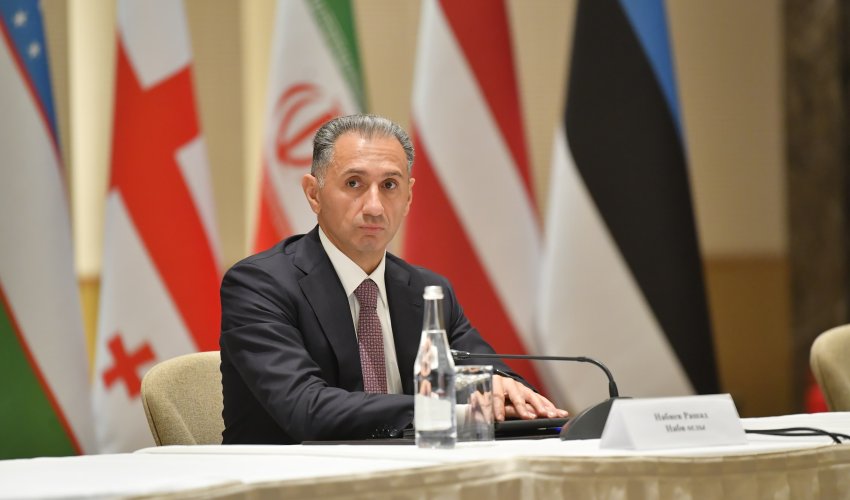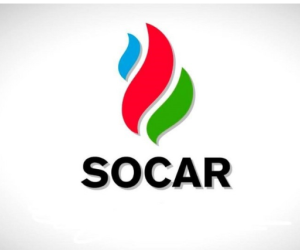Azerbaijan to boost transit cargo volumes from 2028 – Rashad Nabiyev

Azerbaijan plans to significantly increase transit cargo flows across international transport corridors starting in 2028, Minister of Digital Development and Transport Rashad Nabiyev said at the Railway Council meeting held in Baku.
According to the minister, under the agreement signed with Russia, at least 5 million tonnes of cargo will be transported annually via the North–South corridor from 2028, with volumes expected to rise to 15 million tonnes and beyond in subsequent phases.
“Modernising infrastructure in line with today’s requirements and expanding transit capacity further strengthens Azerbaijan’s role on the regional transport map,” Nabiyev said.
He noted that reconstruction of the Sumgayit–Yalama railway line will be completed by the end of this year, while construction and rehabilitation works continue on the Alyat–Osmanli–Astara segment. The Astara terminal, jointly operated with Iran, is being expanded under a 25-year long-term management agreement.
Nabiyev also highlighted progress on the East–West route. The Goradiz–Agbend railway line will have an annual capacity of 15 million tonnes and is expected to reach the Armenian border in 2026. Project design for the 188-kilometre Nakhchivan section is nearing completion.
The minister added that management reforms are already delivering tangible results. “Since the integration of the Baku International Sea Port into Azerbaijan Railways in February 2024, the efficiency of logistics operations has improved considerably,” he said.
The port handled 86,000 TEU in the first 10 months of this year — nearly 40% more than in the same period last year. In 2025, throughput is expected to exceed 100,000 TEU.
He also noted that the modernised Baku–Tbilisi–Kars railway has increased capacity from 1 million to 5 million tonnes, enabling faster freight movement along the Middle Corridor.
“The large-scale projects implemented in Azerbaijan are transforming the transit landscape not only of our country but of the entire region. Digital solutions, real-time tracking systems and artificial intelligence technologies further enhance the safety and efficiency of cargo transportation,” Nabiyev concluded.
Aytac Zeynalova




































 Photo
Photo 



 Video
Video 

